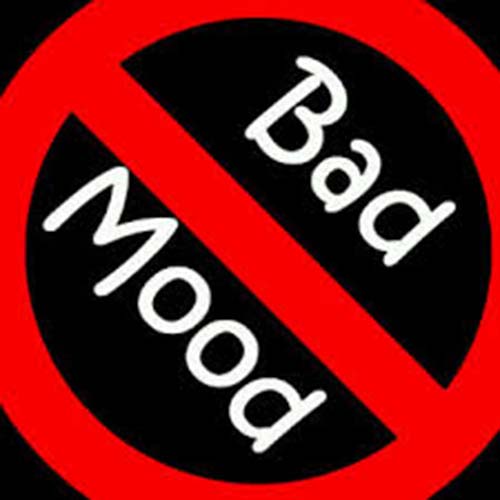

Research on attention has a long tradition in investigating how we selectively process one source of information while ignoring others. Additionally, long-term stress and emotional burden can lead to an increase of mind wandering, often referred to as rumination, which has a relation to numerous brain disorders, including depression and social anxiety, and is related to decreased task performance for example while reading. Intrusive thoughts, however, may also cause attention lapses in vital situations demanding sustained attention such as driving. Reflecting on the past or mentally simulating future events are key components of the mind wandering process and central to our self-percept. “Mind wandering” refers to cognitions unrelated to the current demands of the external environment and plays a prominent role in daily life. The funders had no role in study design, data collection and analysis, decision to publish, or preparation of the manuscript.Ĭompeting interests: The authors have declared that no competing interests exist. van der Wal was funded by the European Union’s Horizon 2020 research and innovation programme under the Marie Skłodowska-Curie grant agreement No 748647. was funded by a Research Talent grant from the Netherlands Organization for Scientific Research (NWO/MaGW 406-12-160). This is an open access article distributed under the terms of the Creative Commons Attribution License, which permits unrestricted use, distribution, and reproduction in any medium, provided the original author and source are credited.ĭata Availability: Data are available via Figshare. Received: DecemAccepted: ApPublished: May 10, 2018Ĭopyright: © 2018 Irrmischer et al.

Chialvo, Consejo Nacional de Investigaciones Cientificas y Tecnicas, ARGENTINA The implications of these results stress the importance of future research to increase focus on behavioral variability.Ĭitation: Irrmischer M, van der Wal CN, Mansvelder HD, Linkenkaer-Hansen K (2018) Negative mood and mind wandering increase long-range temporal correlations in attention fluctuations. Interestingly, we observed the fastest responses in subjects with the weakest long-range temporal correlations and show the vital effect of mind wandering and bad mood on this response variability. We show that trial-to-trial variability in reaction times exhibit long-range temporal correlations in agreement with the criticality hypothesis. To test this, we performed behavioral investigations measuring reaction times in a visual sustained attention task and cued introspection in probe-caught reports of mind wandering. Here, we hypothesize that the dynamics of fluctuations in sustained attention between external and internal sources of information obey so-called critical-state dynamics, characterized by trial-to-trial dependencies with long-range temporal correlations. Nevertheless, the temporal dynamics and significance of such lapses in attention remains inadequately understood. There is growing evidence that the intermittent nature of mind wandering episodes and mood have a pronounced influence on trial-to-trial variability in performance.


 0 kommentar(er)
0 kommentar(er)
